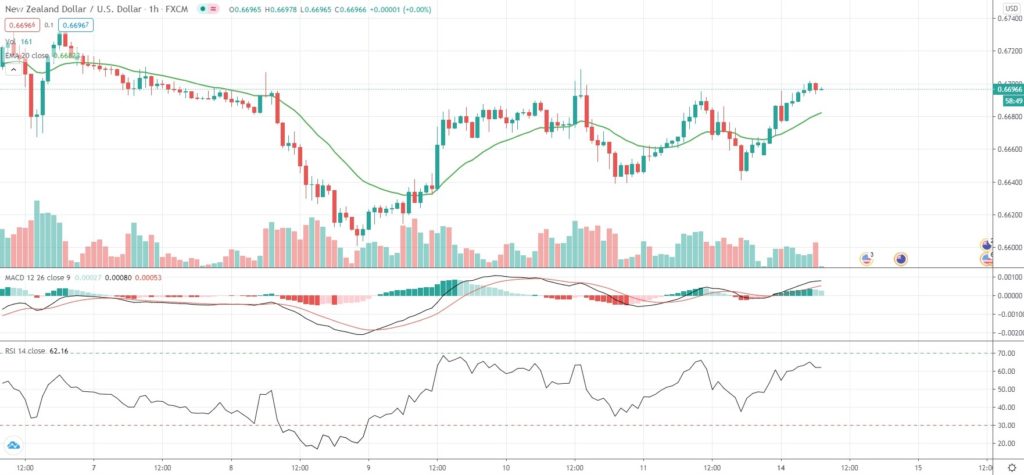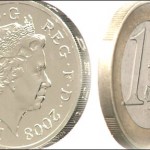After recording the biggest weekly loss since early August last week, NZD/USD started the new week on a stronger footing, as it tracked gains across stock exchanges in Asia.
Japan’s Nikkei 225 added 0.68% at the close, Hang Seng was gaining 0.65%, Australia’s ASX – 0.52%, while Shanghai Composite was up 0.05%.
The US Dollar was little changed against a basket of major peers in early European trade, with the DXY being at 93.22, as market focus now shifts to the Federal Reserve’s two-day policy meeting, starting tomorrow. Expectations of additional monetary stimulus by the Fed have pushed the Dollar Index down by 4.5% so far during the third quarter.
In August, the US central bank announced a shift in its policy framework, as it noted it aimed to achieve an average inflation of 2%, thus, allowing the rate to run moderately above or below that objective for some time to support economic recovery and employment.
Yet, there have been some opinions, according to which market players have gone too far in their expectations of more stimulus.
“Having set aside yield curve control as a near-term policy option, the FOMC does not seem to have an operational consensus on how to use the balance sheet,” Standard Chartered Bank strategists wrote in a report. “This may disappoint investors.”
As of 6:57 GMT on Monday NZD/USD was gaining 0.46% to trade at 0.6695, after earlier touching an intraday high of 0.6702, or a level not seen since September 10th (0.6709). The major pair has retreated 0.56% so far in September, following five straight months of gains.
Monday’s economic calendar does not offer much in terms of relevant macro data. Kiwi traders will be expecting New Zealand’s current account and GDP reports for the second quarter due out on Wednesday and Thursday respectively.
Bond Yield Spread
The spread between 1-year New Zealand and 1-year US bond yields, which reflects the flow of funds in a short term, equaled 5.4 basis points (0.054%) as of 6:15 GMT on Monday, down from 6.1 basis points on September 11th.
Daily Pivot Levels (traditional method of calculation)
Central Pivot – 0.6666
R1 – 0.6693
R2 – 0.6722
R3 – 0.6749
R4 – 0.6776
S1 – 0.6637
S2 – 0.6610
S3 – 0.6581
S4 – 0.6552






